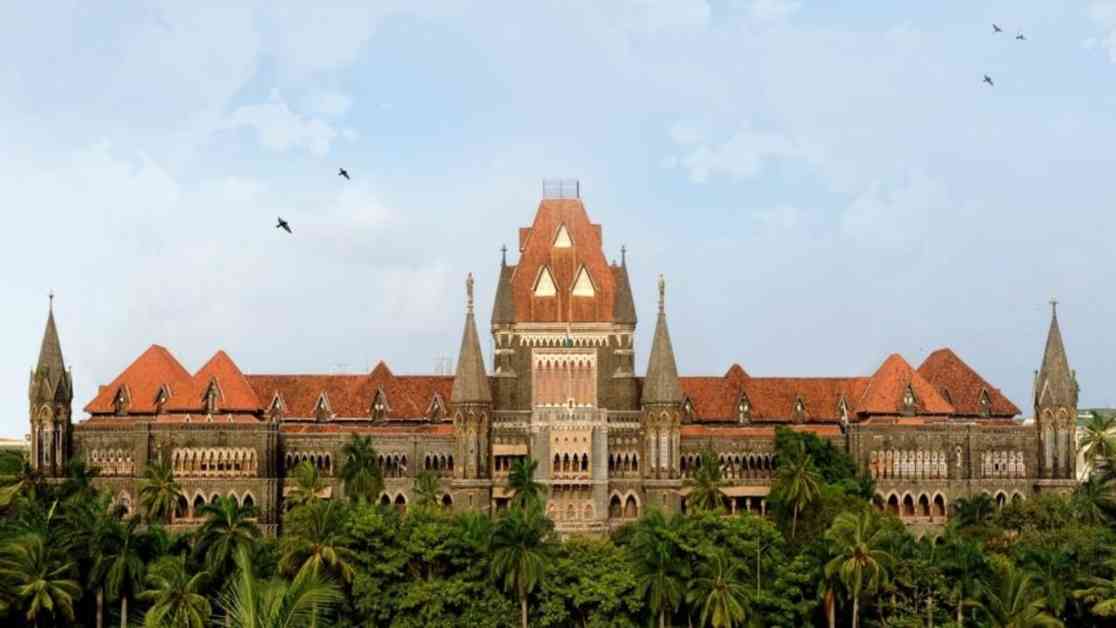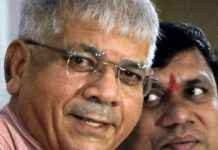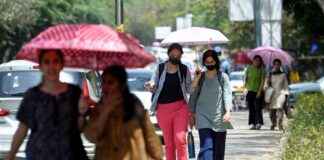The Bombay High Court recently made a significant ruling regarding a surrogacy case, deciding that an egg donor is not considered the biological parent of the surrogate child. The court granted visitation rights to a woman who wanted to see her twin daughters, who were born through surrogacy and were currently living with her estranged husband and her younger sister, who was the egg donor in the surrogacy process.
The woman explained in her plea that after a marital dispute three years ago, her husband moved out to live in a different flat without informing her. Subsequently, her younger sister, who was the egg donor, started living with her husband to take care of the twins. The husband, however, argued that the sister-in-law, as the egg donor, had the right to be considered the biological parent of the children, not the wife.
However, the Bombay High Court disagreed with this argument. The court emphasized that even though the younger sister was the egg donor, she did not have the legal right to claim she was the biological parent of the twins. The court referred to guidelines from the Indian Council of Medical Research (ICMR) stating that a donor does not have parental rights or duties in relation to the child. Therefore, the court ruled in favor of the woman, granting her visitation rights to her daughters.
The court highlighted that the surrogacy agreement between the estranged couple was signed before the Surrogacy (Regulation) Act came into effect, and it was regulated under the 2005 ICMR guidelines. The agreement clearly identified the woman and her husband as the intending parents, further solidifying the court’s decision to grant her visitation rights.
In conclusion, the Bombay High Court overturned the lower court’s decision and ordered the woman’s husband to allow her physical access to the twins for three hours every Saturday and Sunday. This ruling sets a precedent in surrogacy cases, clarifying the legal rights of egg donors and biological parents in such situations.




















